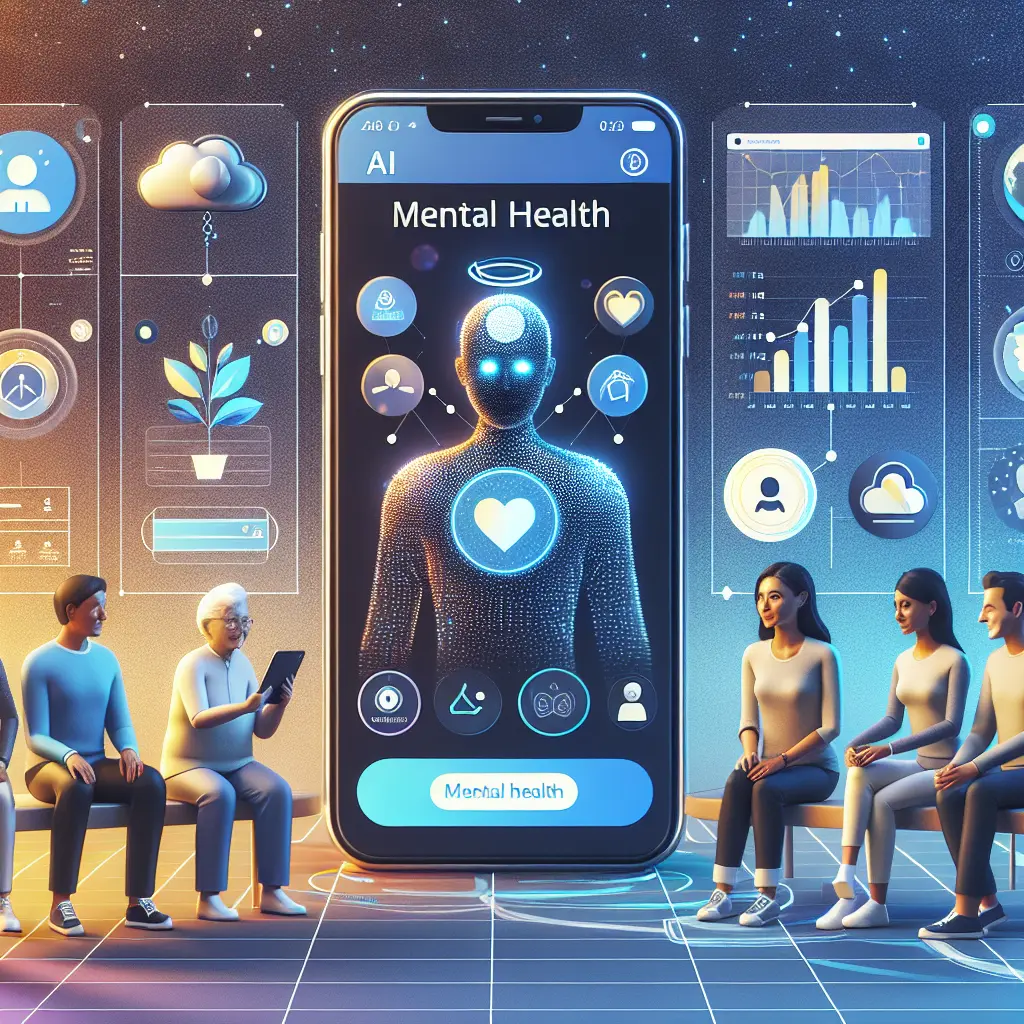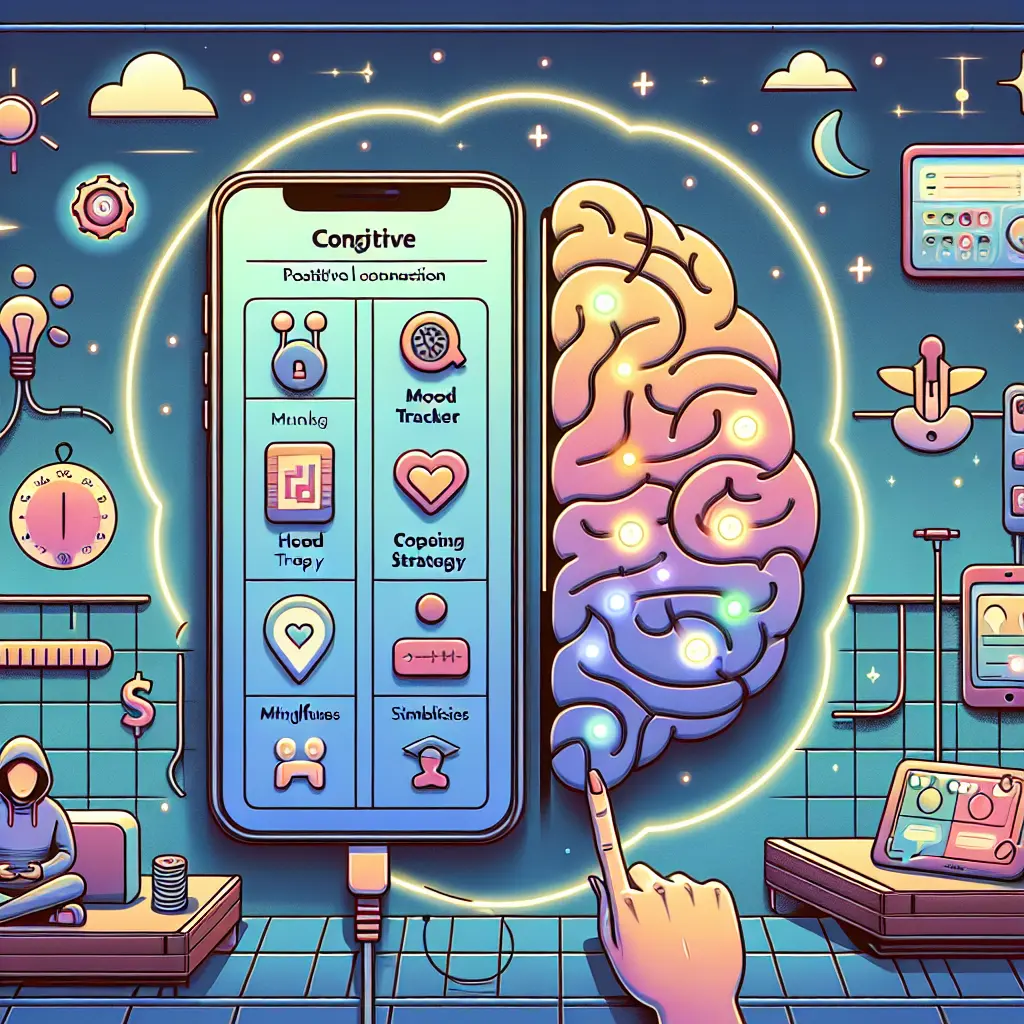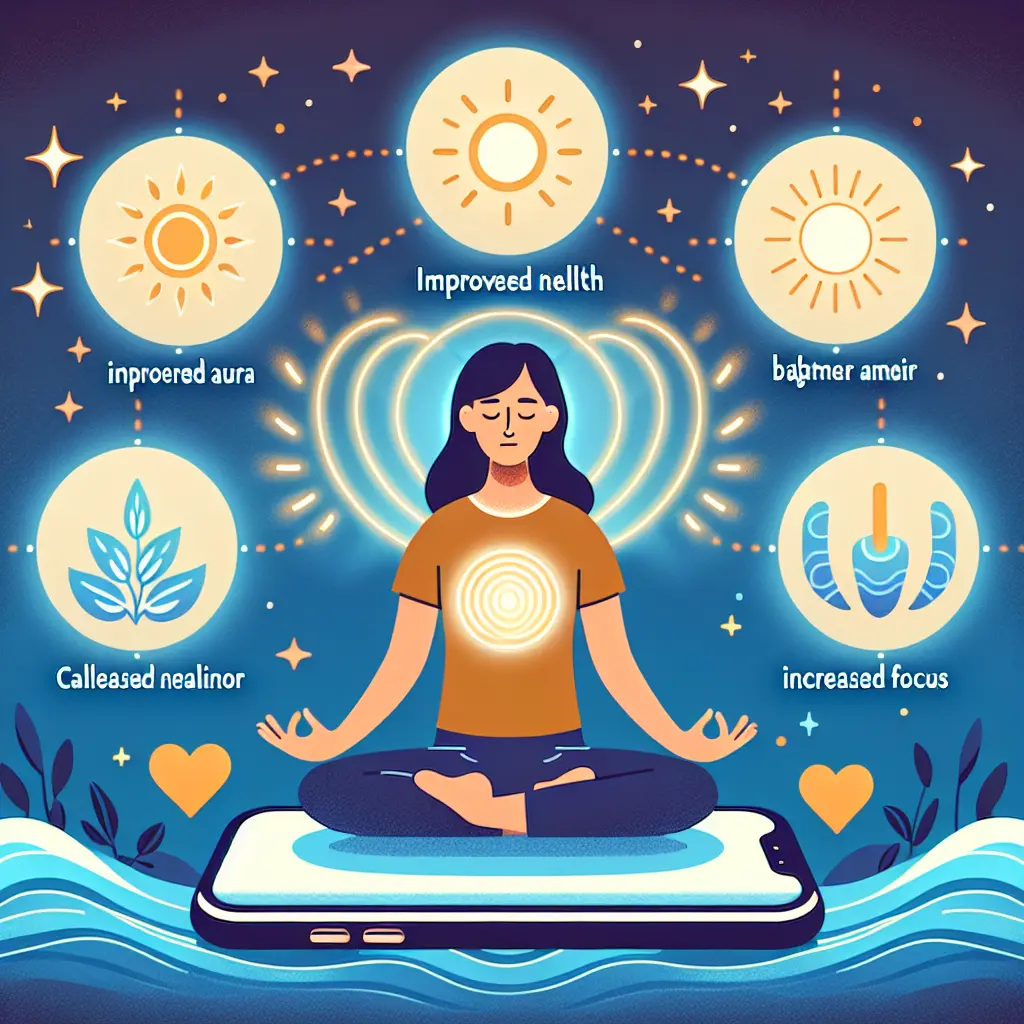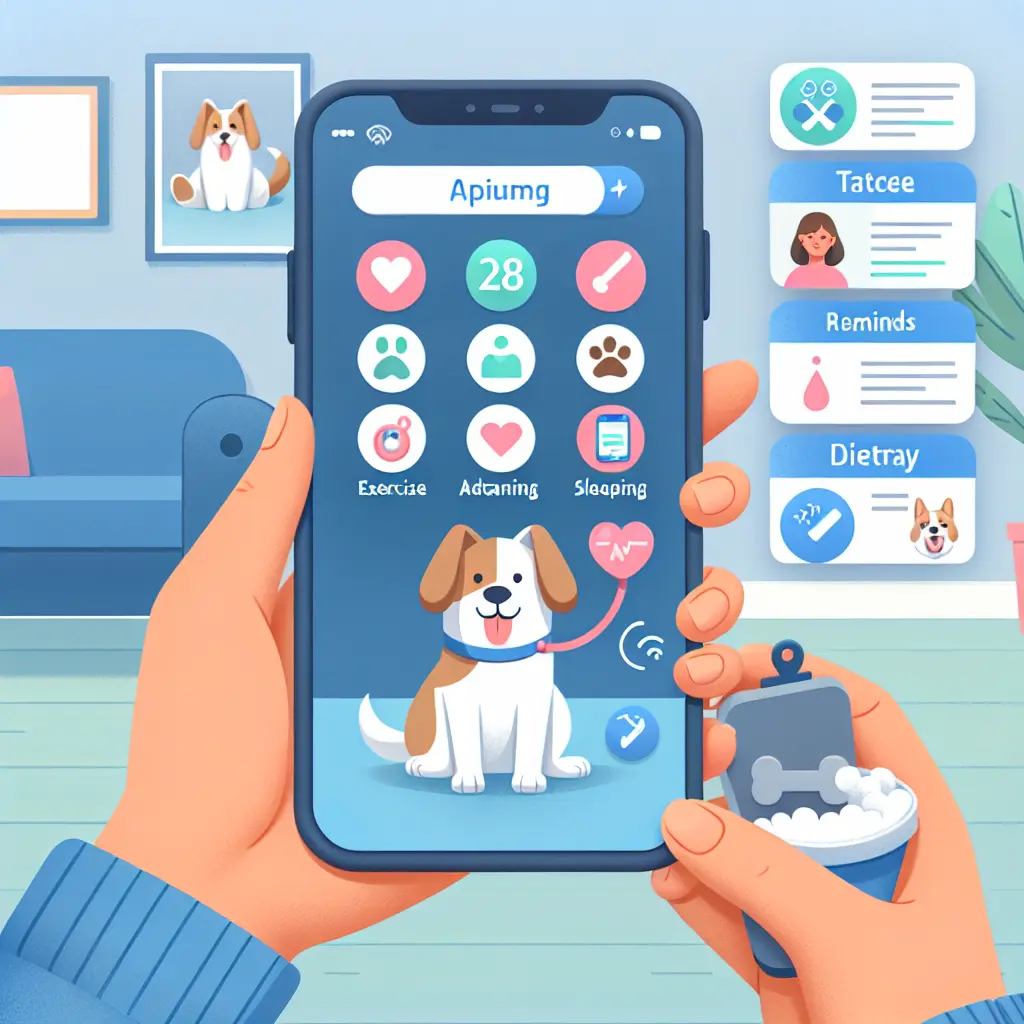In recent years, the intersection of artificial intelligence and mental health has sparked a revolution in how we approach mental wellness. As AI technology continues to evolve, its integration into mental health apps is transforming the landscape of therapy and counseling. AI in mental health is not just a fleeting trend but a pivotal shift that promises to redefine the future of mental health apps. The rise of AI therapy apps and mental wellness apps highlights the potential of digital mental health solutions to offer personalized support, breaking barriers of accessibility and stigma associated with traditional therapy.
The future of AI in healthcare lies heavily in its capacity to deliver innovative mental health tech advancements. Through AI-powered therapy and digital therapy apps, users are empowered with 24/7 access to mental health support, creating a new era of AI counseling tools that cater to individual needs. Emerging mental health technologies are paving the way for more sophisticated mental health app development, offering a range of benefits from cost efficiency to anonymity, thus encouraging more individuals to seek help.
AI in therapy sessions is revolutionizing the way we perceive mental health care, providing unprecedented insights and support. As mental health app trends continue to evolve, the role of artificial intelligence in mental health becomes increasingly significant, promising a future where digital solutions play a central role in mental well-being. This transformation not only enhances the effectiveness of mental health AI innovations but also underscores the importance of staying abreast with these advancements. In the subsequent sections, we will delve deeper into the implications and possibilities that these digital transformations hold for mental wellness.
The evolution of artificial intelligence (AI) is reshaping various sectors, and the field of mental health is no exception. AI in mental health is transforming the way individuals access therapy and counseling, offering digital mental health solutions that are not only innovative but also more accessible. This section delves into the future of mental health apps, focusing on AI-powered therapy, mental health technology advancements, and the potential these hold for reshaping mental wellness.
AI-Powered Therapy: Revolutionizing Accessibility and Personalization
AI therapy apps are at the forefront of this transformation, providing users with personalized mental health support that is available 24/7. According to recent findings from Forbes, generative AI and large language models are increasingly being used to address common psychological challenges such as post-holiday letdowns. These digital therapy apps offer tailored advice, helping users navigate emotional struggles with ease.
Emerging Mental Health Technologies
By leveraging machine learning algorithms, AI counseling tools can analyze user input to deliver customized support, making therapy more relevant to individual needs. This not only enhances the user experience but also breaks down barriers associated with traditional therapy, such as stigma and limited accessibility.
The integration of AI in healthcare is driving significant advancements in mental health app development. As noted by Science News, AI has the potential to make healthcare more effective and equitable. The same holds true for mental health, where AI innovations are paving the way for apps that offer real-time support and insights.
Digital mental health solutions are expanding beyond mere text-based interactions. For instance, CES 2025 highlighted cutting-edge technologies like AI-powered sleep aids and wearable devices that monitor physiological signals to offer holistic mental wellness solutions (Fox News). These technologies demonstrate how AI is enhancing the capabilities of mental wellness apps, providing users with a comprehensive approach to mental health care.
Mental Health App Trends: The Rise of Community and Connectivity
Online Mental Health Communities (OMHCs) have become increasingly popular, providing platforms where users can engage with peers for support and information sharing. A study published on PLOS ONE emphasizes how platforms like Reddit facilitate immediate peer interactions, thus fostering community support. The integration of AI into these communities can further enhance user engagement by curating relevant content and suggesting personalized coping strategies.
Moreover, the concept of "AI People" introduced by startups like Natura Umana (Cult of Mac) represents a new frontier in digital therapy apps. These AI personas can engage users in meaningful conversations, helping reduce screen addiction while promoting mental well-being.
Mental Health Tech Advancements: Privacy and Security Concerns
While AI in mental health offers numerous benefits, it also raises concerns regarding data privacy and security. As users increasingly rely on digital platforms for mental health support, safeguarding sensitive information becomes paramount. The MHealth Apps Market Report underscores the importance of robust security measures in maintaining user trust and ensuring the integrity of digital health solutions.
Future of AI in Healthcare
Developers of mental health apps must prioritize data encryption and transparent privacy policies to mitigate potential risks. This approach not only protects users but also fosters confidence in AI-powered therapy as a reliable alternative to traditional counseling methods.
The future of AI in healthcare lies in its ability to complement human expertise rather than replace it entirely. While digital therapy apps provide valuable support, the human touch remains indispensable in complex mental health cases. A balanced approach that combines AI innovations with professional oversight can enhance treatment outcomes and ensure comprehensive care for individuals.
As we move forward, it is crucial to consider how these emerging mental health technologies can be integrated into existing healthcare frameworks. Collaborative efforts between technologists, healthcare providers, and policymakers will be essential in realizing the full potential of AI in mental health apps.
Conclusion
The future of mental health apps is undeniably intertwined with the advancement of AI technology. By offering personalized support, breaking down accessibility barriers, and fostering community engagement, AI-powered therapy is poised to transform the landscape of mental wellness. As these digital solutions continue to evolve, staying informed about the latest trends and developments will be key for stakeholders across the mental health ecosystem.
Conclusion
The future of mental health apps, driven by AI advancements, promises transformative changes in mental wellness by enhancing accessibility and personalization. Here's a recap of the key points discussed:
- AI-Powered Therapy: These digital solutions offer personalized, 24/7 mental health support, making therapy more accessible and breaking down traditional barriers such as stigma.
- Emerging Technologies: The integration of AI into healthcare is paving the way for innovative mental health apps that provide real-time support, leveraging tools like AI-powered sleep aids and wearables to offer holistic care.
- Community and Connectivity: Online Mental Health Communities benefit from AI by facilitating peer support and personalized content, helping users engage more meaningfully.
- Privacy and Security Concerns: As digital reliance grows, safeguarding user data becomes crucial. Developers must prioritize robust security measures to maintain trust and integrity.
- Collaborative Approach: AI complements human expertise rather than replacing it, underscoring the importance of combining digital solutions with professional oversight for comprehensive care.
The ongoing evolution of AI in mental health apps not only transforms the landscape but also offers new opportunities for individuals seeking support. As these innovations continue to unfold, staying informed and engaged with these developments is vital. We invite you to share your thoughts, experiences, and insights on AI's role in mental health. Your perspectives could be invaluable in shaping the future of these technologies.
Thank you for joining us on this exploration of AI in mental health. Stay curious and keep engaging with the evolving world of digital wellness.
Warm regards,
[Your Name]









Leave a Comment